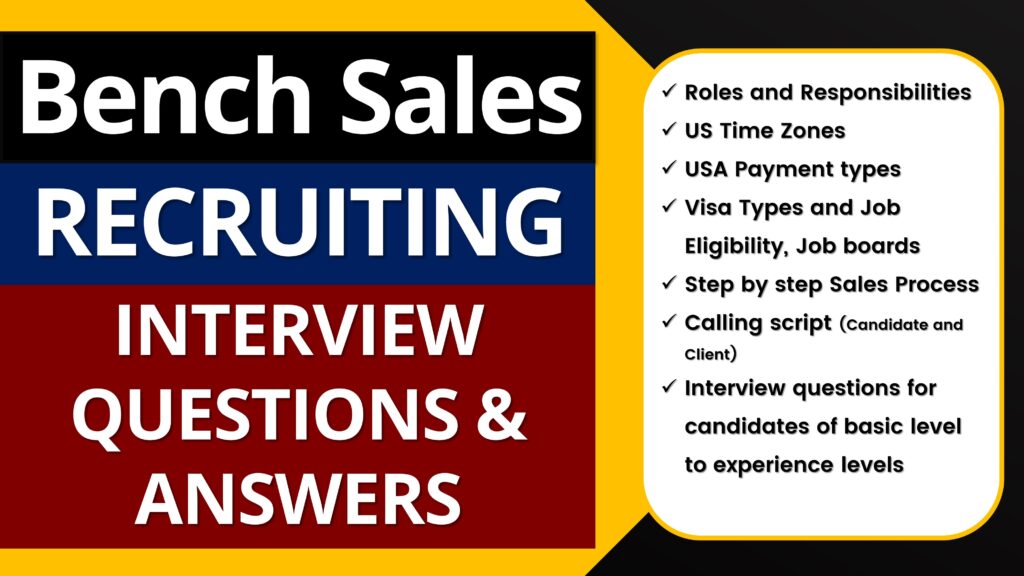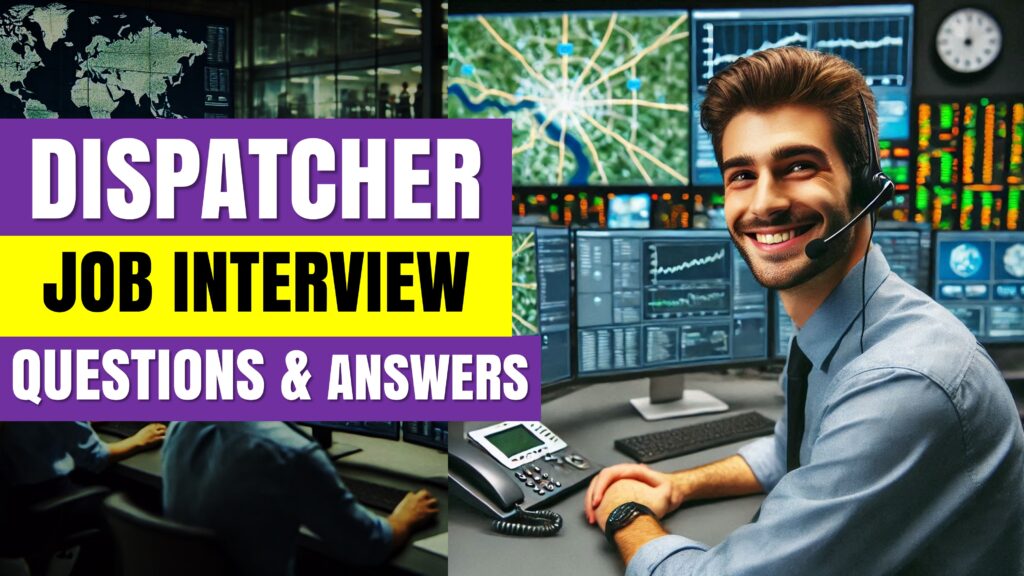Tell me about yourself?
This is a common opening question that gives you an opportunity to introduce yourself and highlight your relevant skills and experience. You can use the STAR method (Situation, Task, Action, Result) to structure your answer.
A sample answer could be:
I have always been passionate about travelling and exploring new cultures. I have a degree in hospitality management and I have worked as a customer service representative for three years. In my previous role, I handled various situations such as booking reservations, resolving complaints, and providing information to customers. I was able to achieve a high level of customer satisfaction and loyalty, as well as improve my communication, problem-solving, and teamwork skills. I am eager to join your airline as a cabin crew member because I believe I have the qualities and qualifications that you are looking for.
Why do you want to be a cabin crew?
This question is often asked to assess your motivation and passion for the job. You should highlight the positive aspects of being a cabin crew, such as travelling, meeting new people, learning new things, and providing excellent service. You should also mention how the job aligns with your career goals and personal preferences.
A sample answer could be:
I want to be a cabin crew because I love travelling and exploring new cultures. I enjoy meeting new people and making them happy. I also like learning new skills and facing new challenges. Being a cabin crew would allow me to do all these things, while also pursuing a rewarding and fulfilling career. I think being a cabin crew is a perfect fit for me, as I have a friendly personality, a professional attitude, and a strong work ethic.
What is your biggest achievement?
This question is often asked to evaluate your accomplishments and abilities. You should choose an achievement that is relevant, specific, and measurable. You should also explain how you achieved it, what skills you used, and what impact it had.
A sample answer could be:
My biggest achievement was winning the Best Customer Service Award at my previous job as a hotel receptionist. I received this award for consistently providing a high-quality service to the guests, exceeding their expectations, and resolving their issues. I achieved this by being attentive, courteous, and proactive. I used my communication, problem-solving, and teamwork skills to handle various situations. This award boosted my confidence and motivation, and also improved the reputation and performance of the hotel.
What are your greatest strengths and weaknesses as a cabin crew?
This question is often asked to assess your self-awareness and improvement areas. You should mention strengths that are relevant, specific, and measurable. You should also provide examples of how you have demonstrated these strengths in your previous or current roles. For weaknesses, you should choose areas that are not essential for the job, but still show your willingness to improve. You should also mention the steps you are taking to overcome your weaknesses.
A sample answer could be:
My greatest strengths as a cabin crew are communication, teamwork, and customer service. Communication is essential because I need to interact with passengers, colleagues, and pilots in a clear, courteous, and effective manner. Teamwork is vital because I need to collaborate with other cabin crew members to ensure a smooth and safe flight. Customer service is crucial because I need to provide a high-quality service to passengers and meet their needs and expectations. I have demonstrated these strengths in my previous roles as a customer service representative and a hotel receptionist, where I received positive feedback and recognition from customers and managers.
My greatest weakness as a cabin crew is that I sometimes get nervous when speaking in front of a large group of people. This is not a major issue for the job, as I can still perform my duties and communicate with passengers individually. However, I would like to improve my public speaking skills and confidence. I am taking steps to overcome this weakness by joining a toastmaster’s club, where I practice giving speeches and presentations in front of an audience. I also watch videos of experienced cabin crew members and learn from their techniques and tips.
What languages can you speak?
This question is often asked to determine your language proficiency and diversity. You should mention the languages that you can speak fluently or at a conversational level. You should also mention any certificates or qualifications that you have in those languages.
A sample answer could be:
I can speak English, Hindi, and Telugu. English is my native language, and I have a high level of proficiency in it. I can also speak Hindi and Telugu at a conversational level, as I have learned them from my family and friends. I have a certificate in Hindi from the National Institute of Open Schooling, and I have a certificate in Telugu from the Telangana State Board of Intermediate Education.
Name three destinations our airline flies to?
This question is often asked to test your knowledge and interest in the airline. You should research the airline’s history, mission, values, destinations, and reputation before the interview. You should also explain why you are interested in those destinations and how they relate to your personal or professional goals.
A sample answer could be:
Three destinations that your airline flies to are London, Dubai, and Singapore. I am interested in these destinations because they are major global cities that offer a lot of cultural, economic, and educational opportunities. I would love to visit these places and learn more about their history, culture, and people. I think these destinations are also important for your airline, as they attract a lot of travellers and tourists, and they reflect your vision and values of excellence, diversity, and innovation.
Why did you choose this airline specifically and no other airlines?
This question is often asked to evaluate your fit and loyalty to the airline. You should highlight the unique features and benefits of the airline that appeal to you and differentiate it from its competitors. You should also explain how the airline aligns with your career goals and personal preferences.
A sample answer could be:
I chose this airline specifically and no other airlines because I admire your commitment to excellence, safety, and innovation. I have read about your achievements in the industry, such as your awards, your expansion plans, and your environmental initiatives. I also appreciate your diverse and inclusive culture, as well as your opportunities for training and development. I think your airline is a perfect fit for me because I share your vision and values, and I would love to be part of your team.
How would you handle a passenger who is being rude or misbehaving to you?
This question is often asked to assess your ability to deal with difficult customers and maintain a professional attitude. You should demonstrate your customer service, conflict resolution, and emotional intelligence skills. You should also follow the airline’s policies and procedures for handling such situations.
A sample answer could be:
I would handle a rude or misbehaving passenger by staying calm, polite, and respectful. I would listen to their concerns and try to understand the reason for their behaviour. I would apologise for any inconvenience and offer a solution that meets their needs and expectations. I would also involve my supervisor or the cabin manager if the situation escalates or requires further assistance. I would never take the passenger’s rudeness or misbehaviour personally or argue with them. I would always aim to resolve the issue and ensure the passenger’s satisfaction and safety.
What do you know about our airline?
This question is often asked to measure your knowledge and interest in the airline. You should research the airline’s history, mission, values, destinations, and reputation before the interview. You should also mention some facts and figures that show your familiarity and enthusiasm for the airline.
A sample answer could be:
I know that your airline is one of the leading and fastest-growing airlines in India, with a fleet of over 200 aircraft and a network of over 80 domestic and international destinations. I know that your airline was founded in 2005, and since then, it has achieved many milestones and accolades, such as being the first Indian airline to operate the Airbus A320neo, being ranked as the best low-cost carrier in Central Asia and India by Skytrax, and being awarded the National Tourism Award for the best domestic airline.
I know that your airline’s mission is to provide a hassle-free, affordable, and enjoyable travel experience to every customer, and that your airline’s values are innovation, integrity, and excellence.
How would you respond to an emergency during flight?
This question is often asked to measure your ability to handle stress, pressure, and uncertainty. You should demonstrate your knowledge of the emergency procedures and protocols, as well as your skills in decision-making, leadership, and teamwork. You should also show your calmness, confidence, and competence.
A sample answer could be:
I would respond to an emergency during flight by following the instructions of the captain and the cabin manager. I would also communicate with other cabin crew members and passengers in a clear and reassuring manner. I would assess the situation and act accordingly, whether it is a medical emergency, a fire, a security threat, or a landing emergency. I would prioritise the safety and well-being of everyone on board, and I would use the available resources and equipment to deal with the situation. I would also report and document the incident and provide feedback and suggestions for improvement.
What action would you take if there’s a medical emergency on an airline flight?
This question is often asked to test your knowledge and skills in dealing with a medical emergency. You should demonstrate your familiarity with the first aid kit, the defibrillator, the oxygen mask, and the emergency call button. You should also explain the steps you would take to assist the passenger, contact the ground staff, and inform the captain.
A sample answer could be:
If there’s a medical emergency on an airline flight, I would take the following actions:
First, I would check the passenger’s condition and vital signs, such as pulse, breathing, and consciousness.
Second, I would use the first aid kit to provide basic treatment, such as bandaging, cleaning, or applying pressure.
Third, I would use the defibrillator if the passenger has a cardiac arrest, following the voice instructions and the safety precautions.
Fourth, I would use the oxygen mask if the passenger has difficulty breathing, adjusting the flow rate and the mask size.
Fifth, I would press the emergency call button to alert the cabin manager and the captain, and request for medical assistance from the ground staff or from any qualified passenger on board.
Sixth, I would monitor the passenger’s condition and comfort them until help arrives.
What things you should not do while flying a plane?
When flying a plane, there are certain actions passengers should avoid to ensure safety and a pleasant experience. Some key points include refraining from disruptive behavior, following the crew’s instructions, and avoiding interference with flight equipment.
A sample answer could be:
“In order to ensure the safety and comfort of everyone on board, it’s crucial for passengers to refrain from disruptive behavior, follow the instructions provided by the cabin crew, and avoid tampering with any flight equipment. This includes not smoking, using electronic devices during critical phases of flight, and complying with seatbelt regulations. Respecting the rules and guidelines set by the airline contributes to a smooth and safe journey for all.”
What do you know about Jet Lag and Air Turbulence?
Understanding jet lag and air turbulence is important for travelers. For jet lag, discuss the disruption of the body’s internal clock due to crossing multiple time zones, leading to symptoms like fatigue and insomnia. Regarding air turbulence, emphasize its normal occurrence and the measures in place to ensure safety.
A sample answer could be:
“Jet lag is a common phenomenon experienced by travelers crossing multiple time zones, as it disrupts the body’s internal clock. This can result in symptoms like fatigue, insomnia, and general discomfort. On the other hand, air turbulence is a natural occurrence during flights, caused by various atmospheric factors. It’s important to note that modern aircraft are designed to withstand turbulence, and pilots are trained to navigate through it safely, ensuring passengers’ well-being throughout the journey.”
If you had to work on a 20-hour flight, how do you handle stress?
Working on a long-haul flight can be challenging, and managing stress is crucial. Mentioning effective time management, relaxation techniques, and staying organized can be helpful.
A sample answer could be:
“Handling stress on a 20-hour flight requires effective time management and self-care strategies. I would prioritize tasks, take short breaks to stretch and relax, stay hydrated, and ensure I get adequate rest during breaks. Staying organized and maintaining a positive mindset are also key. Additionally, engaging in deep breathing exercises or mindfulness techniques can help alleviate stress and keep me focused on providing excellent service to passengers throughout the extended flight.”
What are the hardest things about being cabin crew?
Being cabin crew can be demanding, and acknowledging challenges while emphasizing problem-solving skills and adaptability is important.
A sample answer could be:
“The role of cabin crew is incredibly rewarding, but it comes with its challenges. One of the toughest aspects is managing a dynamic and unpredictable work environment, where each flight presents unique scenarios. Adaptability is crucial in handling diverse passenger needs, addressing emergencies, and maintaining a positive customer experience.
Additionally, managing fatigue and being away from home for extended periods can be challenging. However, the ability to problem-solve, work well under pressure, and provide excellent service makes the job both fulfilling and exciting.”
Can you describe your experience working in a team environment?
Highlighting teamwork skills, communication, and collaboration is key when discussing experience in a team environment.
A sample answer could be:
“I have extensive experience working in team environments throughout my career. In my previous roles, effective communication and collaboration were essential to achieving common goals. I consistently contributed to team discussions, actively listened to my colleagues’ perspectives, and leveraged my strengths to support the team’s objectives.
I believe in fostering a positive team culture where everyone feels heard and valued. This approach has allowed me to successfully collaborate with diverse individuals, contributing to a cohesive and high-performing team.”





